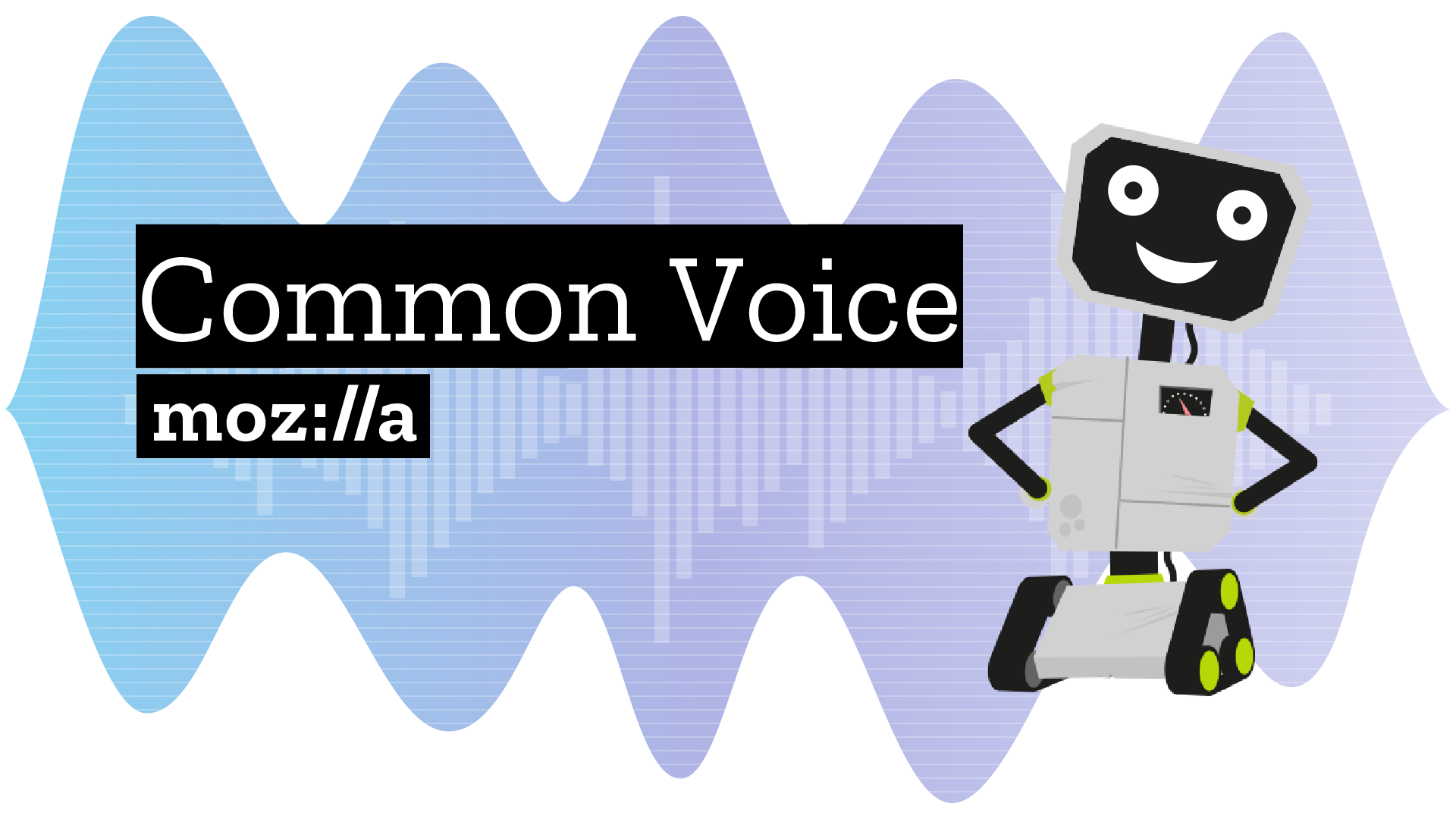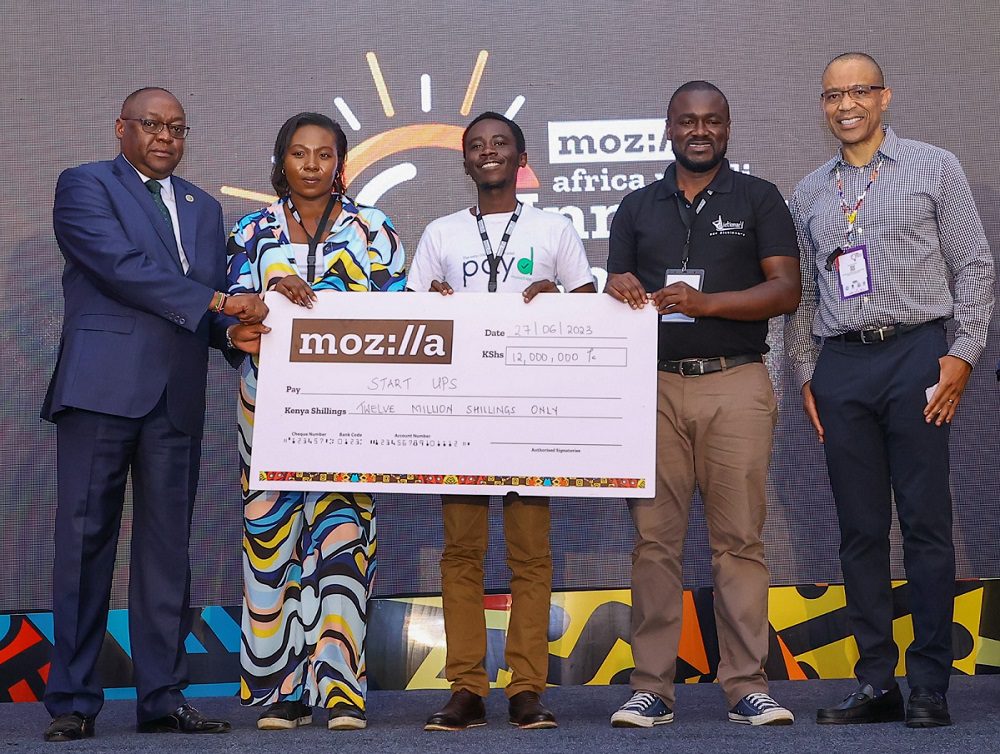Mozilla’s Common Voice project has been responding to the need of providing equitable access to information. It has also taken part in the development of inclusive voice-enabled technologies for all groups and communities.
And now, important work such as record keeping/management of Chamas, accessing credible and reliable weather updates, monitoring livestock diseases, acquiring skills across the agricultural value chains, and defending women’s rights to land ownership, will be voice-enabled.
Common Voice has awarded eight projects each USD $50,000, leveraging the Kiswahili language and voice technology to increase social and economic opportunities for marginalized groups in Kenya, Tanzania, and the Kiswahili-speaking Democratic Republic of the Congo.
These grants are supported by the Gates Foundation in collaboration with the Foreign Commonwealth and Development Office (FCDO) and GIZ, as a response to a gender-conscious and community-centered approach to tech development. Ultimately, it advances the use of open-source voice data for products that support community participation and engagement.
Projects were chosen by a selection committee composed of Mozilla staff and Nairobi-based external consultant, Charlene Migwe- Kagume. Kagume is the Regional Program Lead at Development Gateway, focused on designing and coordinating effective data projects in various sectors.
Awardees
ChamaChat by Ujuzi Craft LTD | Kenya
A Chama management system with a chatbot that interacts with members and gives voice replies in Kiswahili via SMS and Whatsapp. It connects to the group Payment API, such as the M-PESA API.
Kiazi Bora by Sustain Earth’s Environment Africa | Tanzania
Kiazi Bora, “Quality Potatoes’’ in Swahili, uses a voice-enabled application that informs vulnerable women living in rural areas and marginalized communities of Tanzania on the nutritional values of Orange Fleshed Sweet Potatoes (OFSP), farming skills for better yields, and detailed market availability for raw or processed OFSP food products, all through a voice data set app.
Wezesha na Kabambe by University of Westminster | United Kingdom/Kenya
A mobile-enabled Swahili audio chatbot not reliant on internet connectivity. It is developed in collaboration with rural small-holder women farmers in Kenya as an alternative source for agricultural information.
LivHealth Kiswahili Corpus by Badili Innovations | Kenya
LivHealth Kiswahili Corpus aims to empower local communities to correctly identify livestock syndromes and get timely interventions from qualified livestock practitioners. Using Natural Language Processing (NLP), Machine Learning (ML), and Artificial Intelligence (AI), the project will build Kiswahili text-to-speech models for disseminating disease information to marginalized communities.
Imarika by Strathmore University | Kenya
Imarika is a conversational chatbot offering digital climate advisory services in English and Swahili that will support smallholder farmers to adapt to changing weather patterns. The project aims to address the vulnerability of farmers to weather unpredictability due to the lack of accessible, reliable, and localized weather forecasts
Paza Sauti by Tech Innovators Network Ltd | Kenya
The project is developing a chatbot and an interactive voice response service that will provide voice-enabled services in the domain of business registration and raise awareness about the use of collateral (security) to access credit in Kenya.
Kiswahili Text and Voice Recognition Platform (KTVRP) for Agricultural Advisory and Financial Services for Smallholder Farmers by Duniacom Group, LLC| Tanzania / United States
A majority of smallholder farmers in Tanzania are only able to communicate through the Kiswahili spoken language and its dialects. A text and voice-based platform made available in the language of the underserved (i.e., Kiswahili) would be key to wide access, adoption, and usage of digital agricultural advisory and financial services in Tanzania.
Haki des femmes by Core23Lab | Democratic Republic of Congo
Haki will leverage voice technology to provide access to legal information and support for women in Katanga and Lualaba provinces of the Democratic Republic of Congo to ensure they have the right to access, use, inherit, control, and own land.
Says Chenai Chair, Senior Program Officer – Africa Innovation: “Infusing people’s languages into the technology we build is a critical step towards creating technologies that center communities of end users. These projects have been selected for their creative solutions touching core, community-based social-economic interventions. We are very excited by this cohort of awardees and the important work they are about to undertake.”




























